In recent years, technological advancements have revolutionized the field of dentistry. These innovations promise better care, enhance patient outcomes, and streamline practices for dental professionals. From artificial intelligence to regenerative dentistry, here’s how these technologies are shaping the future of oral healthcare:
- Artificial Intelligence (AI) in Dentistry: AI significantly enhances various aspects of dental care. It aids in early detection of issues like cavities and gum disease, missed by conventional methods. AI analyzes radiographs and pathology slides accurately, leading to early cancer detection and personalized treatment plans. It also assists in designing precise orthodontic treatments and optimizing restorations such as crowns and dentures through advanced CAD integration.
- Smart Toothbrushes: Equipped with sensors and connected apps, smart toothbrushes empower individuals to improve oral hygiene at home. These devices provide real-time feedback on brushing techniques, monitor pressure, and offer personalized coaching. Concerns about data privacy highlight the importance of choosing products that prioritize security.
- Augmented Reality (AR) and Virtual Reality (VR) in Dentistry: AR transforms dental education by simulating procedures and providing instant feedback to students. In clinical settings, AR helps patients visualize outcomes of aesthetic procedures. VR alleviates dental anxiety by immersing patients in calming environments during treatments, enhancing the overall patient experience.
- Teledentistry: Expanding access to oral healthcare, teledentistry enables remote consultations and diagnostics. Especially beneficial for underserved populations and those with limited mobility, these platforms allow dentists to evaluate oral health conditions remotely and provide necessary guidance and care.
- Computer-Assisted Design and 3D Printing: CAD/CAM technology coupled with 3D printing revolutionizes dental labs, speeding up production of prosthetics and equipment with precision. This eliminates the need for traditional manual modeling, improving workflow efficiency and patient outcomes.
- Intra-oral Cameras: Advanced imaging technologies in intra-oral cameras enhance diagnostic accuracy by providing clear, detailed images of oral structures. This enables dentists to communicate effectively with patients about their oral health and treatment options.
- Regenerative Dentistry: Advancements in regenerative dentistry offer biotherapies that promote self-healing of teeth and tissues. Research into stem cell stimulation and genetic editing using CRISPR technology aims to restore damaged teeth and potentially eliminate the need for prosthetics.
- CRISPR Technology: CRISPR targets genes associated with oral diseases like cancer and dental caries, showing promise in modifying oral microbiota to prevent plaque formation and improve oral health outcomes.
Looking ahead, the convergence of these technologies promises a future where dental care is not only more effective and personalized but also more accessible and comfortable for patients worldwide. Embracing these innovations will lead to healthier smiles and improved quality of life.
In conclusion, the future of dentistry is bright, driven by continuous advancements in technology and a commitment to enhancing oral health outcomes for all.


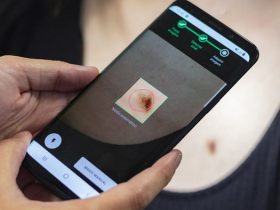


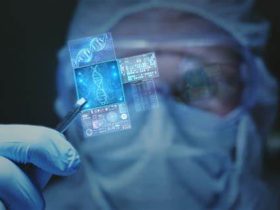













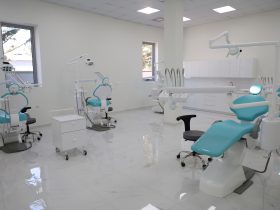
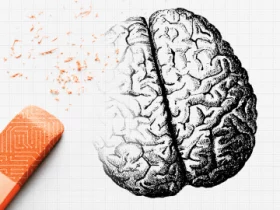

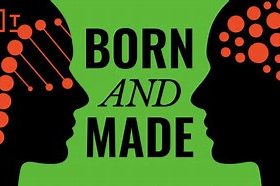

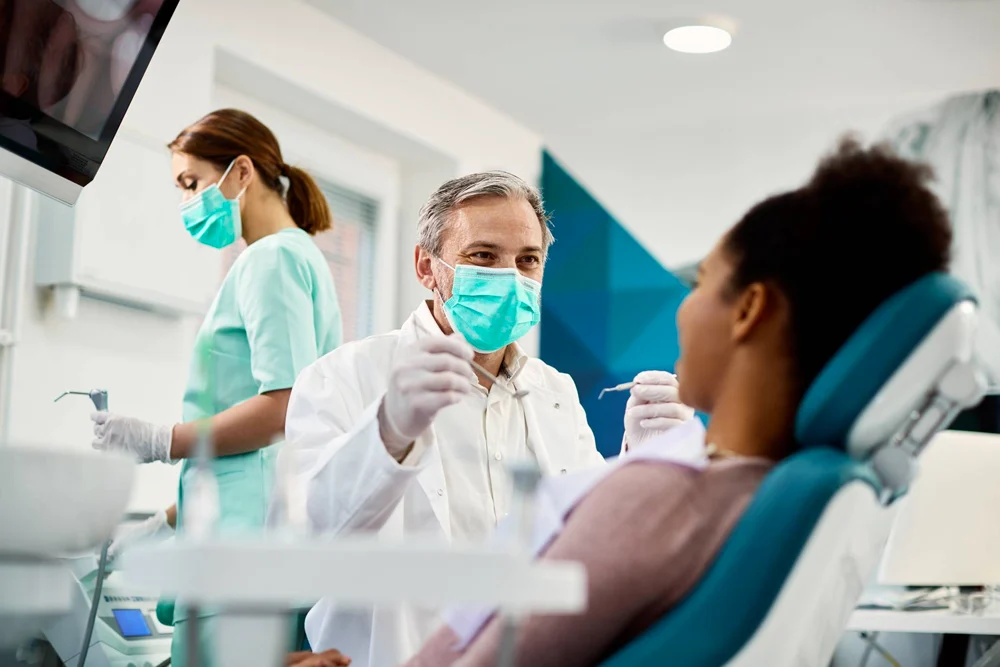
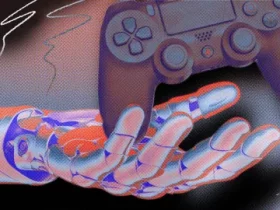




Leave a Reply